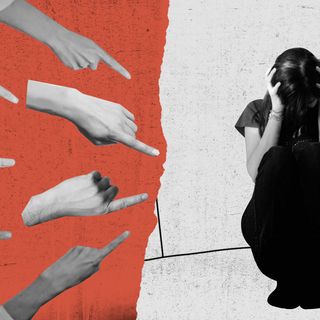Aarogya Setu, India’s official app for Covid19 contact tracing with nearly 100 million users at present, was reviewed as part of a larger study by a group of MIT researchers. A total of 25 contact-tracing apps from around the world were reviewed and scored based on how they work, and the government policies and processes that have been put in place around them.
Although Aarogya Setu scored points for collecting only useful data, as well as deleting such data on time, it didn’t perform well on the parameters of voluntary use, limitations on data usage, and transparency — ending up with two out of five points on the Covid19 app tracker index.
The researchers also noted that even though the official policy suggests that downloading Aarogya Setu is voluntary, India is making its contact-tracing app indirectly mandatory for its citizens. While the app is already compulsory for government employees, the Home Ministry has also directed private employers to ensure that a 100 percent of their office staff download the app. In the meantime, Noida is imposing penalties on people who don’t have the app on their smartphones.
Related on The Swaddle:
Belgium Introduces ‘Social Bubbles’ Strategy To Ease Covid19 Lockdown
As a result, Aarogya Setu has drawn censure from civil liberty experts and advocates. “There is an infringement on human rights that is not justified here. There is a risk of initiating a tool that can be repurposed for surveillance after the pandemic,” Estelle Massé, senior policy analyst at the digital rights group Access Now, said. “There is no effort made by the state to earn citizen trust. Here are a set of private-sector corporate volunteers, with no accountability, that built an app for governments that is forced to personal devices of everyone,” said Anivar Aravind, executive director at the civic-technology organization Indic Project.
Unlike most of the other apps reviewed by the team, Aarogya Setu gives each user a color-coded badge denoting infection risk, and theoretically provides access to telemedicine, e-pharmacies, and diagnostic services. It does this in addition to tracking contact events and locations via Bluetooth, which other apps do as well. This led the reviewers to call the app a “massive all-in-one undertaking.”
Within two weeks of its launch, Aarogya Setu became the fastest app ever to reach 50 million downloads. “We beat Pokémon Go,” declared the program director of NITI Aayog, who is also part of the app-development team. However, “Blurring the line between voluntary and mandatory, and between privacy-preserving and privacy-invading, will have long-term consequences,” the MIT review of Aarogya Setu concluded.




